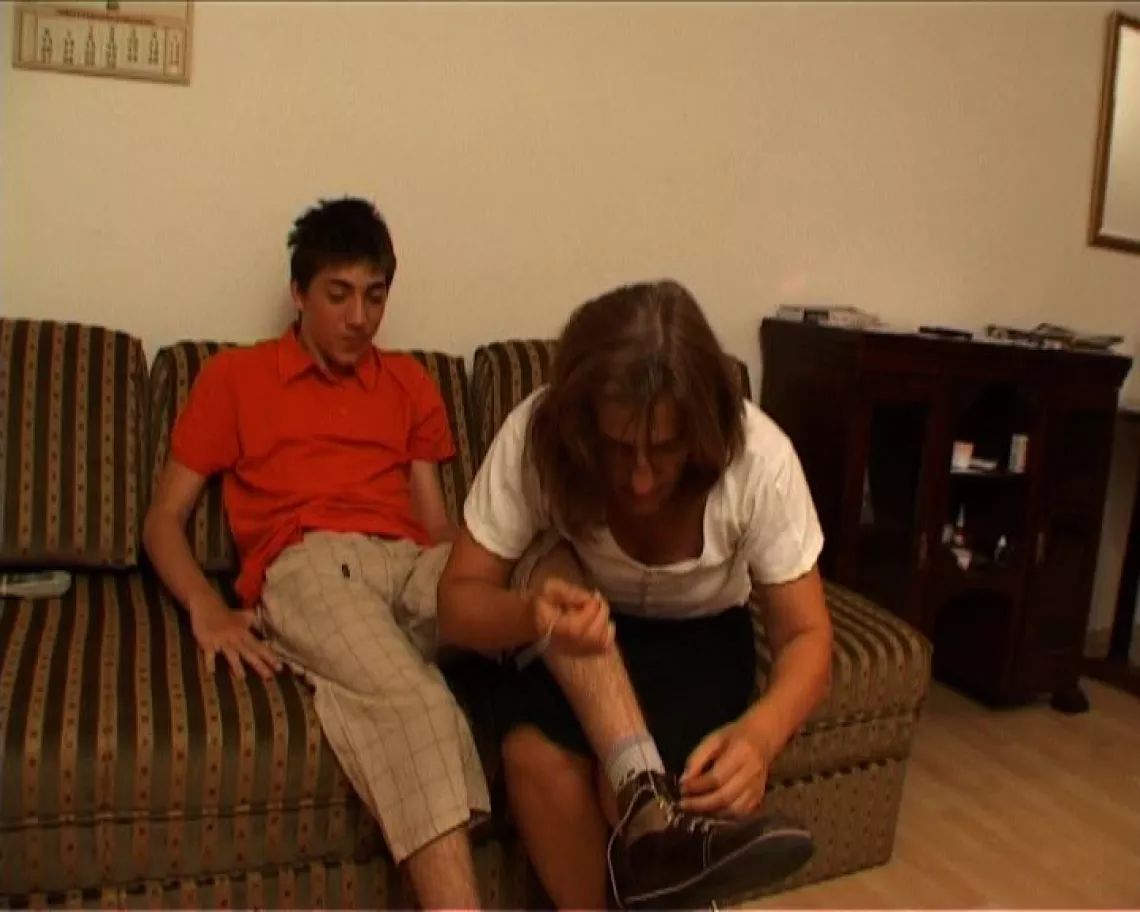A child with disability is an excellent student
Ljubomir has attended regular school since early childhood and was the best student of his generation.

Like many of his friends, the 16-year-old Ljubomir Tintor is attending classes every day in the First High School in Belgrade.
The only differences are that he is going to school in a special vehicle provided by the city transport company and has a personal assistant provided by the Ministry of Labour and Social Policy of Serbia because he has cerebral palsy since birth.
Ljubomir has attended regular school since early childhood and was the best student of his generation at the Primary School Oslobodioci Beograda.
His knowledge of history has won him first place in the city competition.
Throughout his primary education, his mother Danica Tintor took him to and from school, stayed in hallways, took him to the canteen, and from classroom to classroom.
It was not a problem for her. After years of living as a refugee from Croatia in the refugee centres in Serbia, her son's opportunity for education and his chance to grow up in the company other children, seem like a light in the tunnel.
When Mrs. Tintor had to start earning a living after her husband lost his job and fell ill, the city of Belgrade supported the family.
Two young men, completing their military obligation in the civil service, were assigned to assist Ljubomir during his first high-school year.They helped him in and out of classrooms and to the bathroom.
"My friends accepted me. They didn't have any prejudice against me and I felt completely normal, as if I were able to walk by myself and be independent. I also participated in competitions and they treated me as a rival at those competitions – they didn't have any prejudice against me. It's the same now in high school", says Ljubomir.

Ljubomir's parents admit their son has been luckier than many children with disability.
However, the Tintor family was determined to make every effort with or without state support.
In order to provide adequate support to all children with disabilities and their families, the Ministry of Labour and Social Policy has begun a more extensive reform of the social welfare system.
Currently, the Ministry is assisting around 12,000 children with disability, including through financial transfers to the families and some services.
To equalise opportunities for children with disabilities across Serbia, the new Law on Social Welfare envisages earmarked transfers for less developed municipalities for the development of community support services.
UNICEF is cooperating with the Ministry in transformation, design, standard setting, and development of such community-based services for families of children with disabilities.
One crucial aspect of service design is the intersectoral coordination between health, education, and social welfare systems in order to ensure combined service support to different aspects of the child's and his/her family's needs and to enable social inclusion.
Another important element is facilitating partnerships between different service providers, non-governmental organizations, parents' associations, foster families, donors and organizations monitoring the implementation and protection of the rights of children with disabilities, especially those living in poor families or in residential institutions.
The Tintor family's determination to ensure that Ljubomir develops all his potentials has also mobilized the system to fulfil its obligations.
Many families with children with disabilities lack resources and even the knowledge about their entitlements, especially those that live under the poverty line or in remote areas.
Inter-governmental transfers to less developed municipalities, transformation of social services, cooperation among different sectors and partnership between diverse social actors committed to children's rights represent a "critical mass" to bring about the necessary change to enable every child with disability to have opportunities to develop his or her potentials to the maximum.




